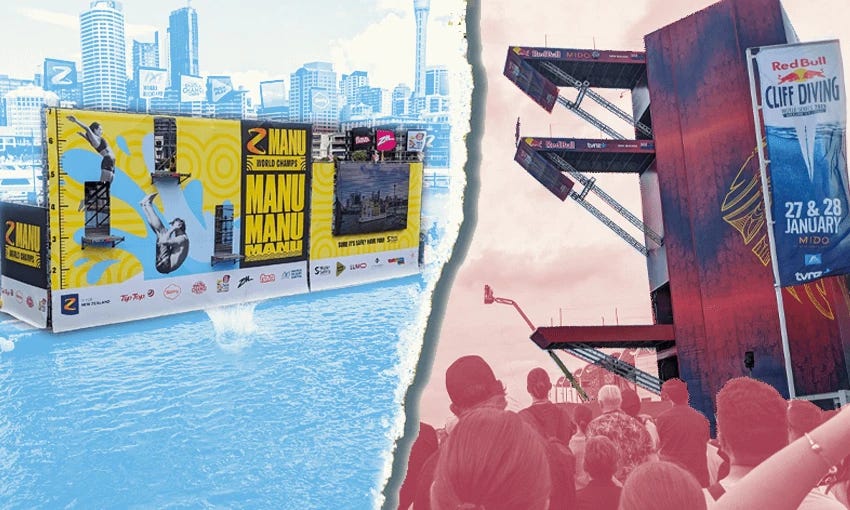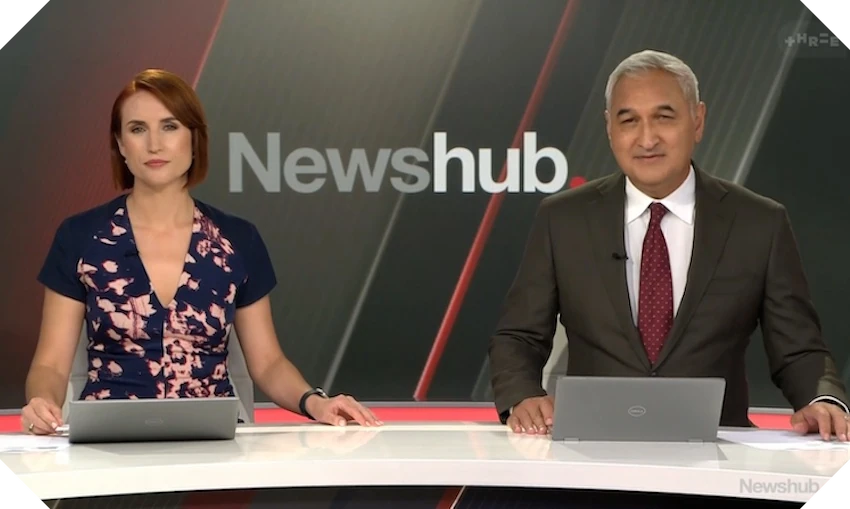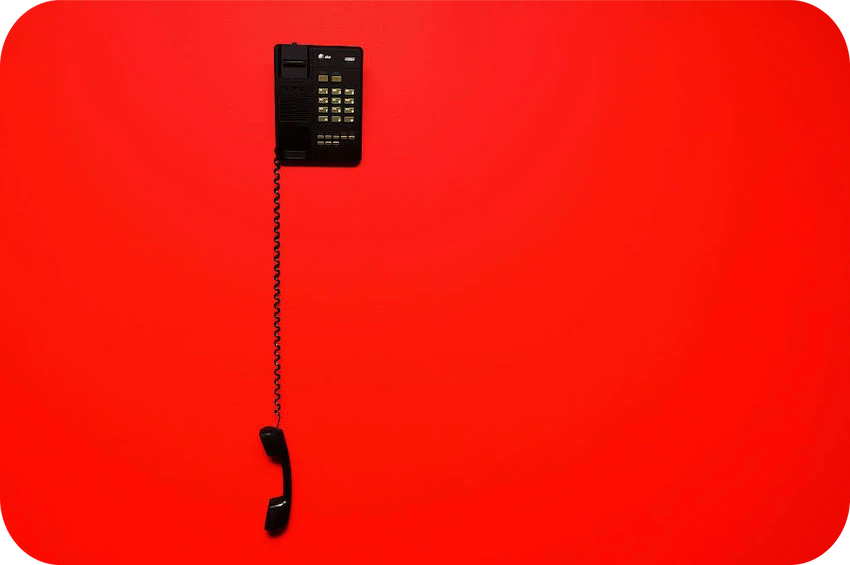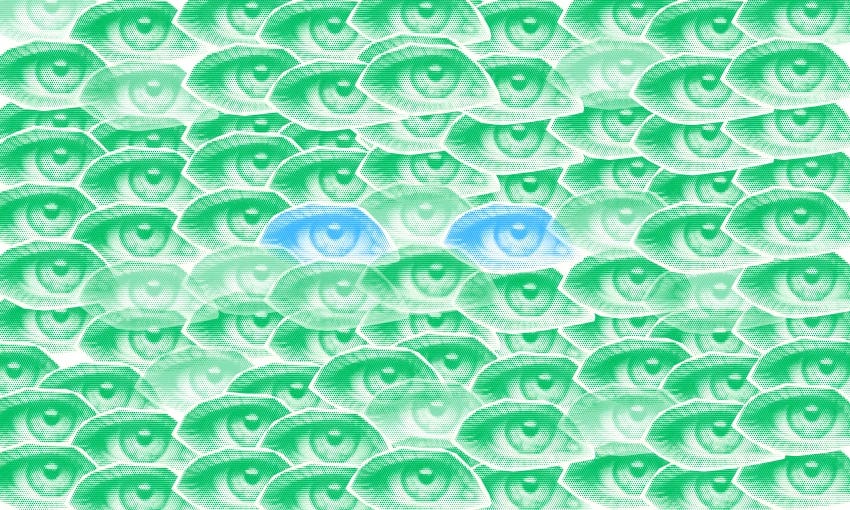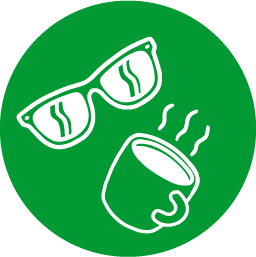Kia ora and welcome to The Weekend.
My latest bit, to the joy of my friends and despair of my enemies (OK, that might be hyperbole) is what I call “glamorise everything”. This basically involves completely redefining what counts as glamorous to help me enjoy things that I could otherwise gloss over. Swimming in the stormy sea on a Sunday morning? Very glamourous. So is eating peaches while reading a book about foreign policy in Indonesia. Glamour is obviously connected to leisure, but also to beauty: steely oceans, deep curiosity, things that sparkle. I will keep readers updated with my working theory of glamour, but in the meantime I must affirm that the most glamourous activity of all is reading articles in the weekend: about stylish jumping, media layoffs, evolution, and more.
-Shanti Mathias, staff writer
Taking the plunge
I trotted down to two events on the Auckland waterfront over the past month to watch people choose to fall — some to dive, and some to do a manu, both highly skilled artforms in their own right. I chatted to people at both events about their thoughts on the spectacle. Here are some things I noticed: first, way more spectators at the Manu World Championship had performed the aquatic trick, while no-one had tried cliff diving. Second, the cliff diving was sponsored by Red Bull and clearly cost SO much money, there were branded ice pools and a nearly 30-metre tower (sadly not an actual cliff which Auckland is short on. How does an energy drink company have so much money? Seriously, what’s their profit margin? Third, there were lots of cameras at both events, with people filming the tricks, as well as the corporate sponsors trying to milk as much #content out of the event as possible. It seems like a sort of flat way to experience a community event, albeit ones that wouldn’t exist without the big-ticket sponsorship of somewhat dubious corporations.
Financial support from our audience is essential to ensuring our work continues
When there’s a shock resignation, an election or rats take over the supermarkets, we know our community comes to The Spinoff to make sense of the world in the best and worst of times. We're committed to telling stories about Aotearoa, for Aotearoa, with rigour, range and humour. If that’s something you value, we’d love for you to consider becoming a Spinoff member or donating. If you're reading this and are already support us, a huge thank you from all of us.
Mad Chapman, Editor
Three News reports on its own demise
“‘Going, going, not quite gone,’ Mike McRoberts began, as Newshub’s glossy red set loomed into view. McRoberts voice was steady as he introduced the evening’s headlines, accompanied by footage of McRoberts himself walking out of this morning’s announcement. In the studio, Sam Hayes sat to his right, calm and composed as always. They were both so professional, it almost seemed like this wasn’t happening to them.” After Discovery/Warner Brothers New Zealand declared that they plan to close Newshub by June. Tara Ward recapped the news bulletin, a snapshot of New Zealand media struggling as the bottom drops out of the advertising market. “By 6.12pm, it was time for Newshub to move on to the other news of the day: gun laws, the official cash rate, rats at Countdown. A few minutes later, there was an update about the weather. Today, it poured. Tomorrow, a storm is coming.”
More: Five key questions about the layoffs, Three loses its presence in New Zealander’s lives, what the closure of Three really means
Bad News…. Saves the World?
Alice Snedden thought she was done making Bad News, her current affairs/comedy series. Then came the opportunity to do a one-off special about climate change. “Honestly, I thought [climate change'] was just too boring. The messaging is all death, doom and destruction, which I think people find very hard to engage with,” she tells Alex Casey in this behind-the-scenes story. Despite the doom, the reality that climate change is a big and difficult challenge, she manages to find hope. “It’s not an option to ignore it,” Alice says. “I’ve had all these emotions of complete and utter despair, but have now come right back around to: what can I control within my own little sphere of action? What can I be conscious of? How can I make an impact?” Watch, laugh, despair and take heart in both episodes, out now.
Did we just decriminialise family violence?
“The problem with family violence is that the larger pattern of harm is often very hidden, says Julia Tolmie, a law professor at the University of Auckland. ‘You really need to build trust with victims in order to get access to the big picture of what has been happening. If you decide – based on the immediate incident that is reported – that it is not a criminal matter, then you miss getting information about the larger pattern of harm that may be taking place. That may include very serious criminal offending.’” The complex, hidden nature of family offending makes it difficult to spot, and as police reduce their responses to family harm, Eda Tang talks to experts about whether this amounts to decriminalisation through inaction.
Talking about evolution with Mr. Blue Eyes, 4
“Time rises and rises. Until it reaches the level of your eyes. And then you drown,” writes Gemma Bowker-Wright, green-eyed mother of a blue-eyed son, lover of science mourning the cuts to science teaching around Aotearoa. “We show our children pictures. We talk about their ancestors. The people who went before. We map out lives in years, decades. We talk about the music they listened to, the movies they watched, the moments in history they lived through – the sinking of the Wahine, World War Two, the 1984 Springbok tour. A whole life. Yet such a tiny fraction of evolutionary time. Not even a millimetre on the evolutionary string. ‘So that’s where my blue eyes come from,’ says my younger son.” Read the whole essay here.
Everything else
Other things to watch this weekend (once you’ve finished watching Bad News): the rollercoaster music documentary The Greatest Night in Pop, or hilarious comedy Miles from Nowhere (I started watching this while wrestling with a very recalcitrant knitting project and it was a balm!).
I loved this send up of feature writing with the headline Enchanted mirrors are making a comeback. That’s not necessarily a good thing. (Also loved this essay about longing for a full length (non-enchanted?) mirror).
Super fascinated by this story about the future of silk, which could be used as an alternative to needles to deliver vaccines!
Te Aka Whai Ora deserved so much more than its rushed death.
Is chicken owning a new trend? This story about backyard chooks has me longing for feathery creatures purking around the garden.
Who are the members of Wellington’s independent hearings panel?
A night at the Sikh-run free kitchen in Central Auckland.
A very thoughtful examination of the “antinatalist” or “don’t have kids” movement.
Dreaming of food courts with new
editor Lucinda Bennett.What to learn from failed conservation experiments.
“I don’t want to marry my partner of four years” – Help Me Hera!
Living in Palestine’s West Bank and longing for the sea.
The trial scheme that could increase the number of refugees welcomed to New Zealand.
What to do in Wellington for the next 15 years that isn’t catching the train on the weekend.





